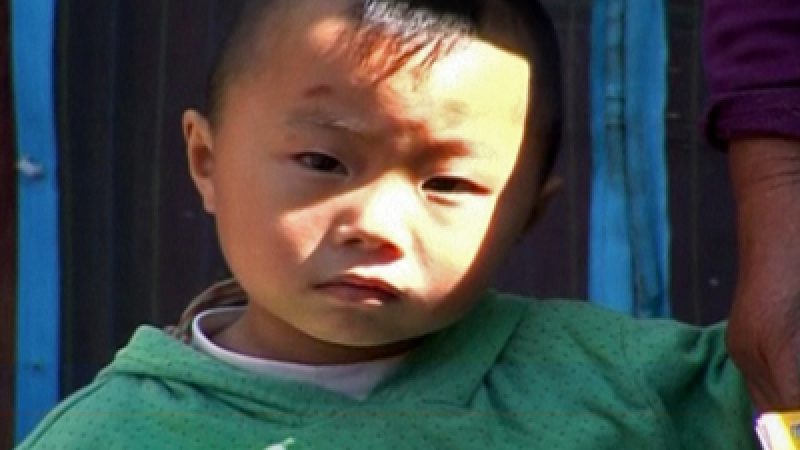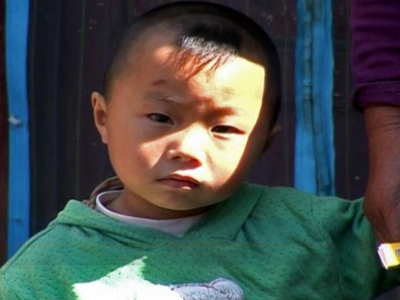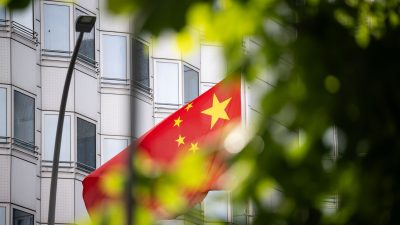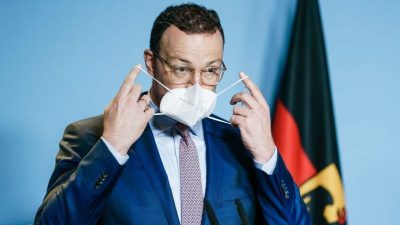
China: Henan Lead Smelters Continue Operation After Lead Poisoning

This is Zhang Jiahang from Shibin Village in Jiyuan City. He’s just four years old, but a blood test has found that he has the highest level of lead in his blood out of all of the other children here.
According to Jiahang’s grandmother, he’s been experiencing learning difficulties.
[Li Hudie, Jiahang’s Grandmother]:
„He is not obedient and sometimes he gets very grumpy. He gets sick very often and it takes him longer to recover, despite all the different treatments we have tried. He sometimes has a fever or even spasms. He still cannot count to three after over a year of schooling.“
Jiahang’s father has been working at a local smelter operated by Yuguang Gold and Lead. Its smelters have been blamed for discharging lead-laden waste into local water sources.
Last month, hundreds of local villagers protested outside Yuguang, demanding its lead plants be shut down. Instead, China Daily reported, authorities will relocate 15,000 residents living near the smelters so that they can continue to operate.
One local villager says even if they get relocated, this will do nothing to solve the pollution problem.
[Huang Zhengmin, Villager]:
„The local government has been trying to stop us getting blood tests and making it public. They just want to protect the plant, which pays a great deal of tax every year. They don’t care about the life and death of us ordinary people. So the whole village has to be relocated to make way for the plant. The pollution just carries on.“
Shibin villagers have doubts about the relocation plan. They say that only the children affected have been moved out of the village—and only for one month.
In recent months, similar reports of severe lead poisoning have been seen in Yunnan, Fujian and Shaanxi provinces.
 (NTDTV)
(NTDTV)



























vielen Dank, dass Sie unseren Kommentar-Bereich nutzen.
Bitte verzichten Sie auf Unterstellungen, Schimpfworte, aggressive Formulierungen und Werbe-Links. Solche Kommentare werden wir nicht veröffentlichen. Dies umfasst ebenso abschweifende Kommentare, die keinen konkreten Bezug zum jeweiligen Artikel haben. Viele Kommentare waren bisher schon anregend und auf die Themen bezogen. Wir bitten Sie um eine Qualität, die den Artikeln entspricht, so haben wir alle etwas davon.
Da wir die Verantwortung für jeden veröffentlichten Kommentar tragen, geben wir Kommentare erst nach einer Prüfung frei. Je nach Aufkommen kann es deswegen zu zeitlichen Verzögerungen kommen.
Ihre Epoch Times - Redaktion